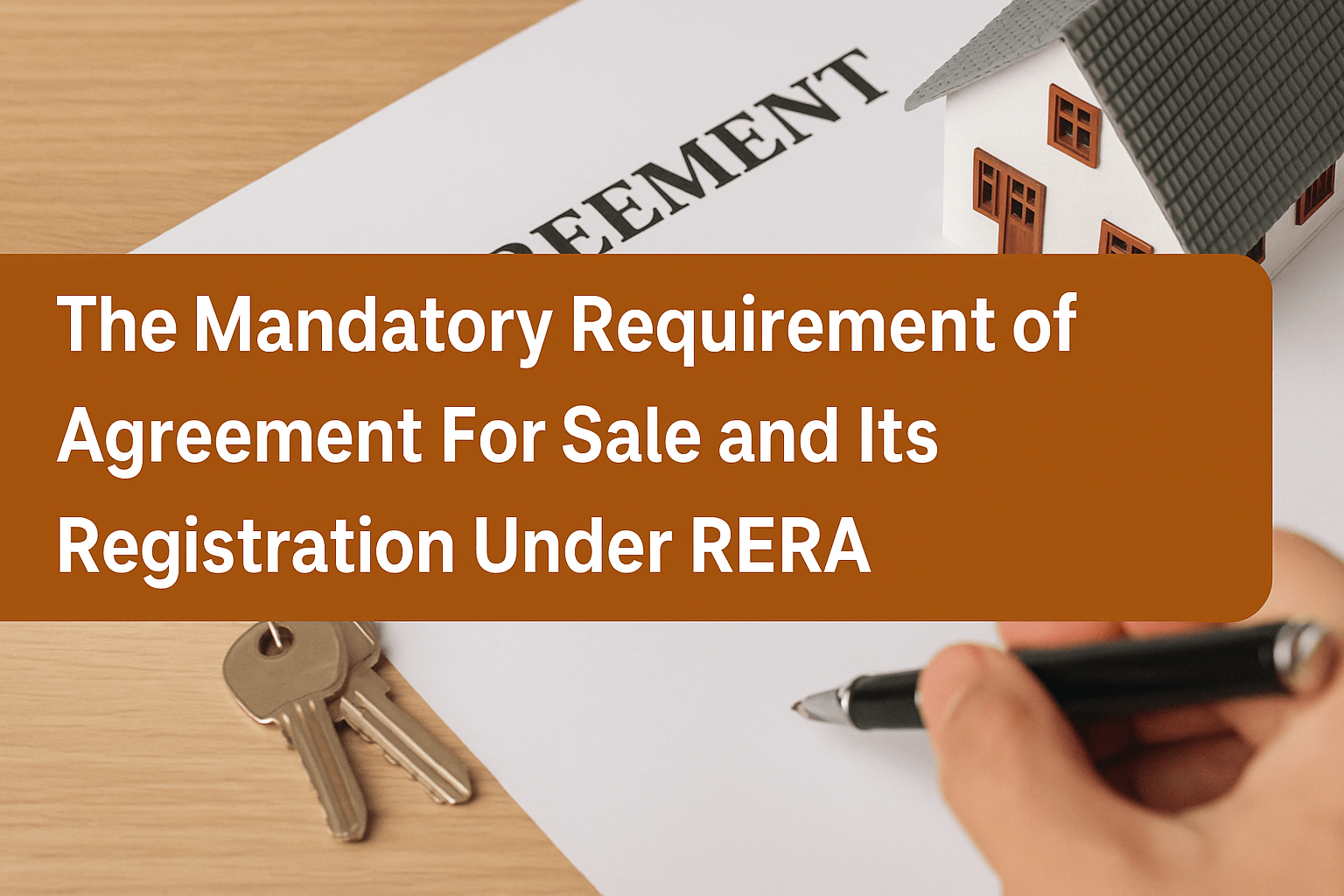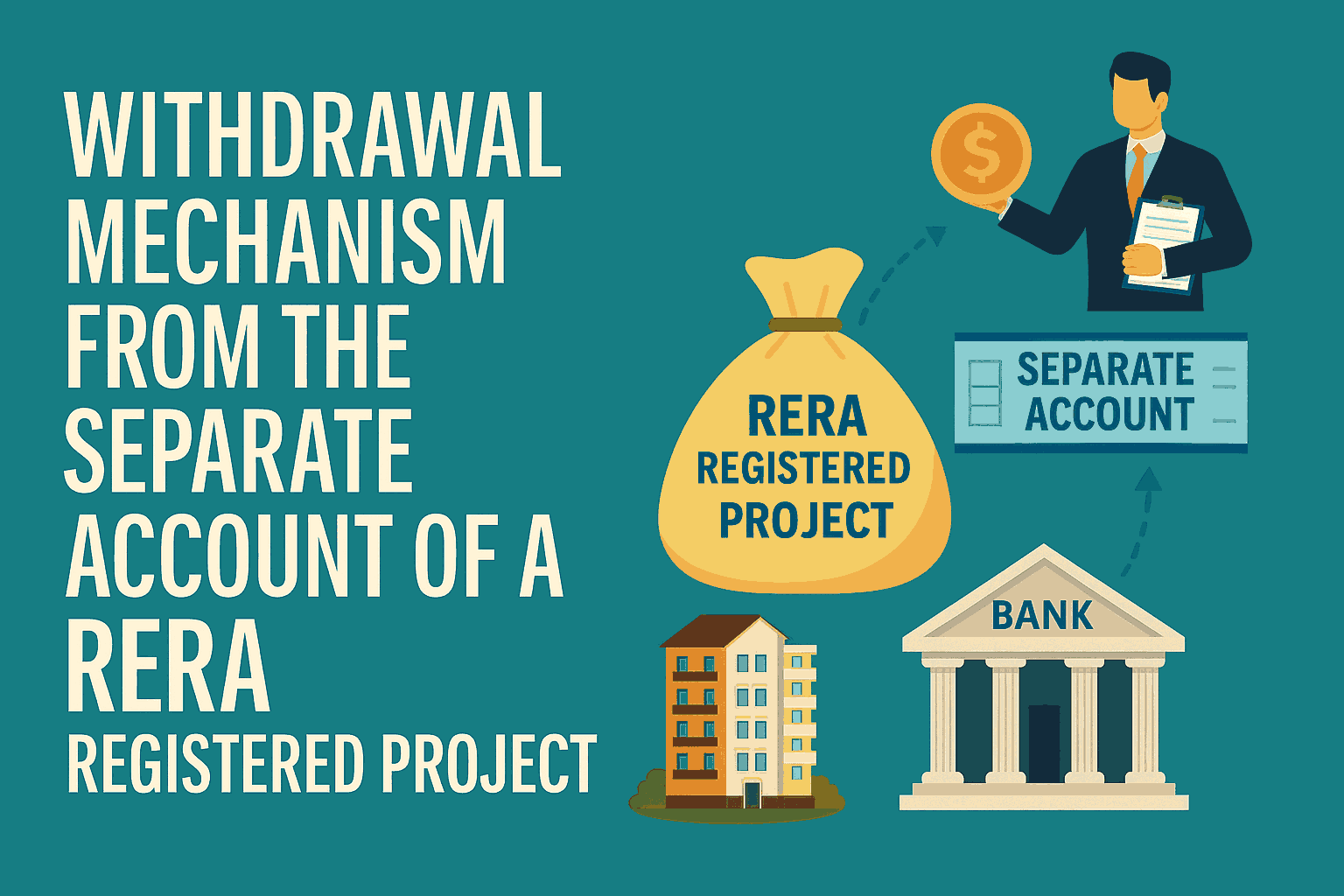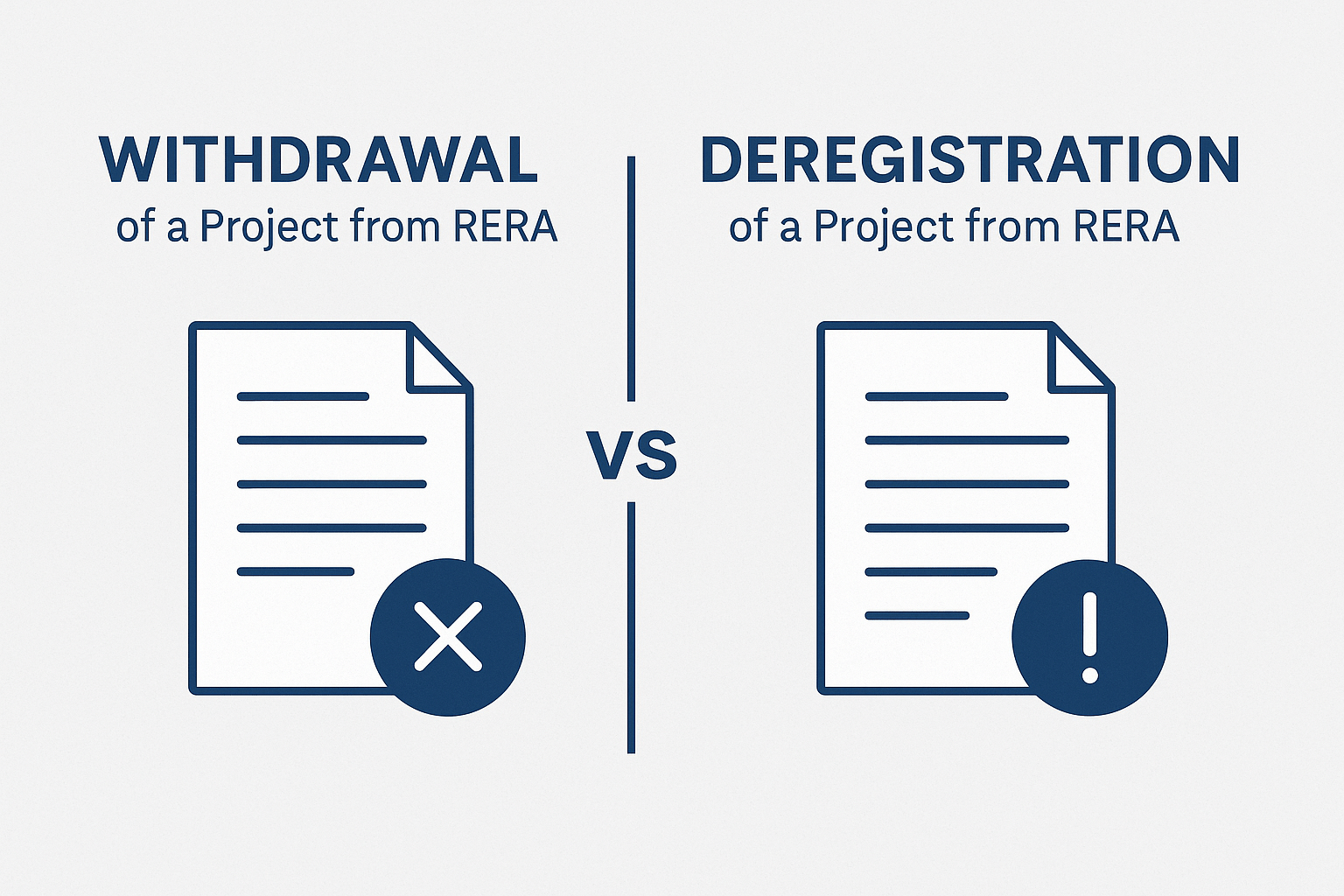
The Real Estate (Regulation and Development) Act, 2016 (RERA) was enacted to promote transparency, protect homebuyers' rights, and bring accountability to the real estate sector. One of the essential provisions under RERA is the requirement for a written Agreement for Sale between promoters (developers) and allottees (buyers). Section 13 of the Act specifies that a promoter cannot accept more than 10% of the cost of an apartment, plot, or building as an advance payment or application fee without entering into a formal written agreement with the buyer and registering it according to the applicable laws. This blog explores the importance of this requirement, the contents of the Agreement for Sale, and how it protects both the buyer and the developer.
What is the Agreement for Sale Under Section 13 of RERA?
Section 13(1) of the RERA Act mandates that before accepting any sum exceeding 10% of the cost of the apartment, plot, or building, the promoter must enter into a formal Agreement for Sale with the buyer.
This written agreement must be executed before accepting any advance payments, which protects the rights of the buyers by ensuring clarity on the terms and conditions of the transaction.
The Agreement for Sale must also be registered as per the applicable registration laws, ensuring its legal validity and enforceability in court.
What Should the Agreement for Sale Contain?
According to Section 13(2) of the Act, the Agreement for Sale must include specific details about the development project. The key contents of the agreement are:
Details of the Project: The agreement must outline the particulars of the development project, including the construction of the building, apartments, and all related specifications for both internal and external development works.
Payment Terms: The agreement must specify how and when the payments towards the cost of the apartment, plot, or building will be made by the allottee. This ensures that both parties are clear on the payment schedule.
Possession Date: The agreement must also state the expected date by which the possession of the apartment, plot, or building will be handed over to the allottee. This ensures that the buyer knows the timelines for possession.
Interest on Default: The rates of interest to be paid by the promoter to the allottee in case of delay in possession and the rates to be paid by the allottee to the promoter in case of delayed payments must also be clearly outlined.
Other Prescribed Particulars: The agreement must contain any other details as may be prescribed by the regulatory authority to ensure transparency and fairness in the transaction.
Why is the Agreement for Sale Important?
Protects Homebuyers' Interests: The Agreement for Sale is a legal safeguard for homebuyers. It provides clarity on key aspects of the project, such as the timeline for completion, payment schedules, interest charges on defaults, and possession dates. This helps prevent disputes and ensures that both parties understand their rights and obligations.
Prevents Fraudulent Transactions: With RERA requiring a registered Agreement for Sale, developers cannot accept large advance payments without providing a clear, legally binding commitment to the buyer. This eliminates the risk of fraudulent or unregulated real estate transactions.
Ensures Transparency: By mandating the registration of the Agreement for Sale, RERA ensures that the details of the transaction are recorded officially, reducing the chances of disputes regarding the terms, payments, and timelines. This also allows the buyer to verify the transaction legally.
Clarity for Developers: Developers also benefit from the Agreement for Sale as it ensures the buyer understands the project's scope, timelines, and payment terms, reducing ambiguity and the likelihood of payment disputes.
What Happens if the Agreement for Sale is Not Registered?
Legal Consequences for Promoters: If a developer fails to enter into a registered Agreement for Sale as required under Section 13, they could face penalties under RERA, and the transaction could be deemed non-compliant with the law. Developers who do not comply with this provision risk losing their registration with RERA and may be liable for damages.
Buyer’s Recourse: Homebuyers who have made payments without a registered Agreement for Sale may find it challenging to enforce their rights in case of disputes. The absence of a registered agreement undermines the buyer's ability to legally claim possession or seek remedies if the project is delayed or cancelled.
Key Points for Developers to Remember:
Before accepting any advance payment greater than 10% of the sale price, the developer must have the Agreement for Sale in place and registered.
The terms of the agreement should be carefully drafted to ensure that both parties have clear expectations about the project’s timeline, quality, and financial obligations.
Failing to register the agreement can lead to legal and financial consequences for the developer, including penalties and potential lawsuits from buyers.
The Agreement for Sale is a fundamental document under RERA, providing a legal framework that safeguards both the developer and the buyer. It ensures transparency in real estate transactions, clarifies the expectations of both parties, and helps avoid legal disputes down the line. For developers, adhering to the provisions of Section 13 and registering the Agreement for Sale is not only a legal requirement but also a practice that fosters trust and credibility in the market.
CA Akash Jaiswal
Chief Advisor
Apex RERA Professionals
Contact


Apex RERA Professionals is owned by Realtyedge Professionals LLP.